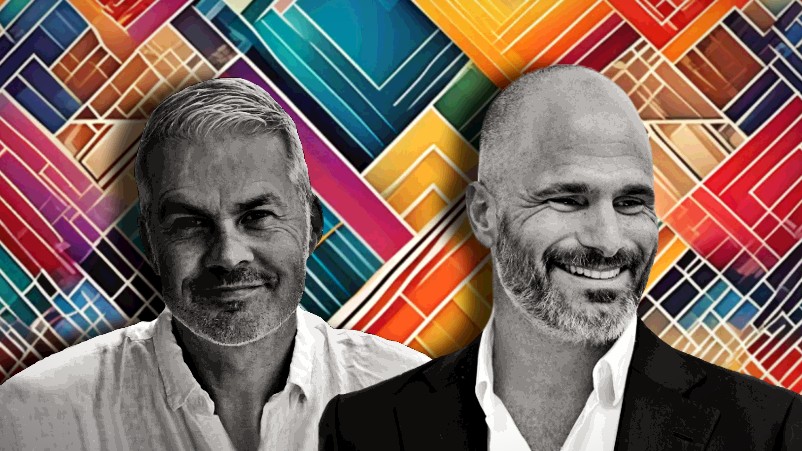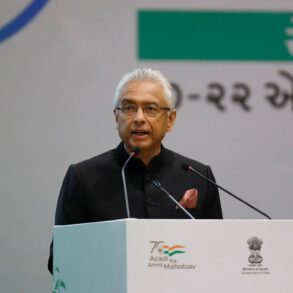
Beyond algorithms
“The issue here is not just the algorithm,” counters Greg Attwells, a partner at 36months.com.au, a campaign to raise the minimum age of social media access from 13 to 16 years old, i.e. by 36 months. Nor is it the concerns from the tech sector about VPN work-arounds and the like when trying to enforce social media age limits.
Attwells cites the bewildered response from high-profile New York University marketing professor, Scott Galloway, on the claimed technical limitations for introducing age bans: “What’s more challenging – figuring out if someone’s younger than 16 or building a global, real time communication network that stores a near infinite amount of text, video and audio, retrievable by billions of simultaneous users in milliseconds, within 24/7 uptime…the social media giants know where you are, what you’re doing, how you’re feeling and if you’re experiencing suicidal ideation, but they can’t figure out your age? You can’t make this shit up.”
Attwells says the technical capability is “100% there – they [the platforms] just need a stick in order to act unfortunately, and that’s what this is about.”
On opening up and dumbing down the algorithms, he argues “yes, it plays a role in the information that it feeds young people, but there are two other things that I think are really harmful within this window of development [between the ages of 13 and 16].
“One is the gamification of interaction. So on Snapchat, for example, I’m building up Snap scores and Snap streaks. I send photos to my friends, and so it’s addictive – so they’re on it for longer and longer, trying to get their Snap streaks and their Snap scores up,” he adds.
“The other thing that I think is potentially dangerous at a young age is creating online persona and starting to share yourself with world before you have the maturity to do so.”
Hence one of 36 Months’ key taglines: ‘Take another 36 months to get to know yourself before the world does’. Rather than 13 year olds “putting themselves out there for anonymous commentary on who they are, and then watching the likes or the lack of likes and making judgments about themselves based on that”, says Attwells.
“It’s a minefield for a young mind to have to deal with. So it’s not just an algo problem, there’s a the gamification of interaction and putting yourself out there for anonymous online commentary before you have a maturity to be able to handle that,” he adds. “I think there’s a bunch of issues there that make it pretty dangerous.”







